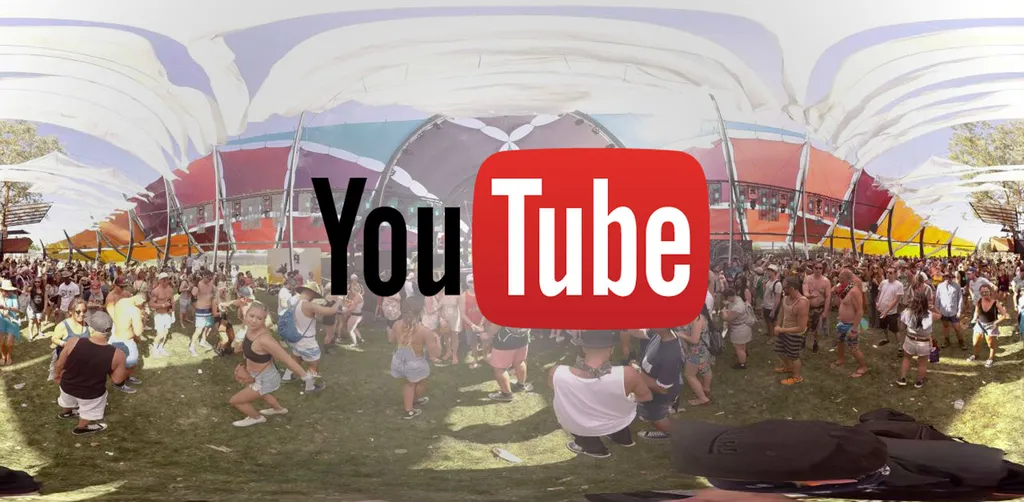In a blog post Monday morning, streaming giant YouTube announced that it will once again be transforming to more effectively embrace the rapid pace of technological advancement. The company will – for the first time – be making it possible for its users to broadcast their 360 videos live.
YouTube has been one of the most prolific champions for evangelizing 360 video content in these very early stages of the medium’s development. It has been matched only by Facebook in terms of support given to 360 content, however, with this new announcement the red and white is taking a decisive lead over its rivals at 1 Hacker Way in the battle for 360 supremacy online.
The timing of this announcement was specifically intended to coincide with the ongoing mega-music festival Coachella. According to the post – written by YouTube’s chief product officer Neal Mohan:
We first launched support for 360-degree videos back in March 2015. From musicians to athletes to brands, creators have done some incredible things with this technology. Now, they’ll be able to do even more to bring fans directly into their world, with 360-degree live streaming. And after years of live streaming Coachella for fans around the world who can’t attend the festival, this year we’re bringing you the festival like never before by live streaming select artist performances in 360 degrees this weekend.
In addition to these curated offerings from YouTube itself, the company will also be handing the keys for this shiny new toy over to its massive stable of creative content producers.
According to The Verge, YouTube’s live 360 streaming capabilities are intended to work with cameras that cost as low as $350. This is relatively cheap for an industry that recently saw Facebook announce open source plans for a $30,000 360 camera. YouTube will also be releasing a free API into the wild which will allow any aspiring 360 streamer the opportunity to easily integrate this new technology with existing hardware.
Live 360 streaming could have enormous implications on sports, television, film, theatre and virtually (zing!) any other type of entertainment one could imagine. Also, if this announcement from YouTube prompts rival Facebook to follow suit, than we may be at the beginning of new virtual arms race that could see these changes brought about much sooner than anyone could have hoped.


























